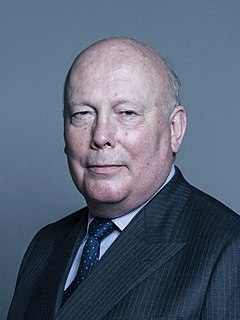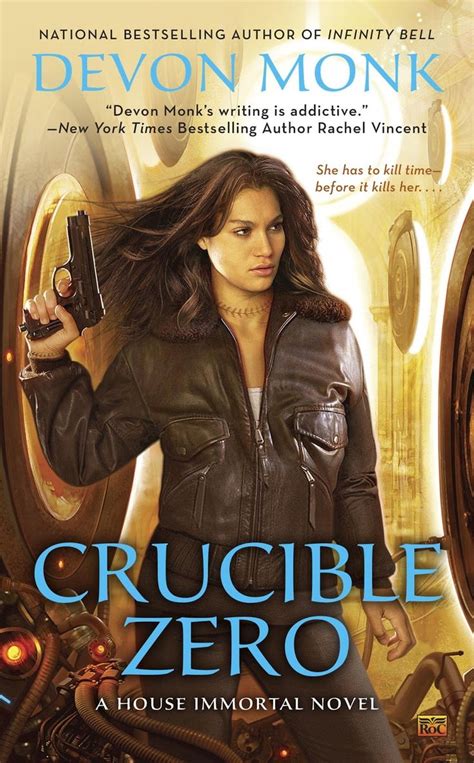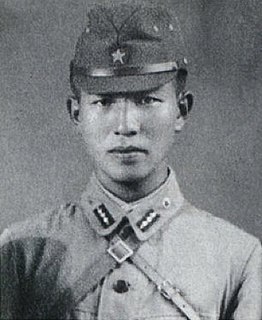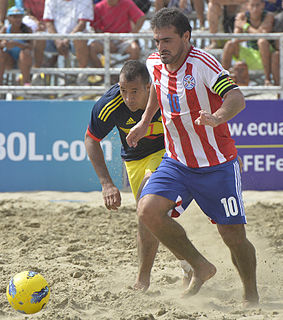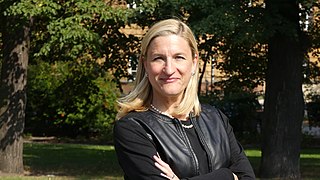A Quote by David Levithan
She asked me what was wrong, and I told her I had to end it. She was surprised, and asked my why I thought so. I told her it wasn't a thought, more a feeling, like I couldn't breathe and knew I had to get some air. It was a survival instinct, I told her. She said it was time for dinner. Then she sat me down and told me not to worry. She said moments like this were like waking up in the middle of the night: You're scared, your'e disoriented, and you're completely convinced you're right. But then you stay awake a little longer and you realize things aren't as fearful as they seem.
Quote Topics
Air
Asked
Awake
Breathe
Convinced
Dinner
Down
Down And
End
Fearful
Feeling
Get
Had
Her
Instinct
Knew
Like
Little
Longer
Me
Middle
Middle Of The Night
Moments
More
Night
Realize
Realize Things
Right
Said
Sat
Scared
Seem
She
Some
Stay
Surprised
Survival
Survival Instinct
Then
Things
Thought
Time
Up
Waking
Waking Up
Were
Why
Worry
Wrong
Your
Related Quotes
She didn’t understand why it was happening,” he said. “I had to tell her she would die. Her social worker said I had to tell her. I had to tell her she would die, so I told her she was going to heaven. She asked if I would be there, and I said that I would not, not yet. But eventually, she said, and I promised that yes, of course, very soon. And I told her that in the meantime we had great family up there that would take care of her. And she asked me when I would be there, and I told her soon. Twenty-two years ago.
I don't suppose that she gave you the job based on looks alone?" Adrian had been staring off but now flashed me a big smile. "Why, Sage, you sweet talker." "That's not what I meant! What happened?" He shrugged. "I told the truth." "Adrian!" "I'm serious. She asked me what my greatest strength was. I said getting along with people." "That's not bad." I admitted. "Then she asked what my greatest weakness was. And I said, 'Where should I start?'" "Adrian!" "Stop saying my name like that. I told her the truth. By the time I was on the fourth one, she told me I could go.
I love women, but I feel like you can't trust some of them. Some of them are liars, you know? Like I was in the park and I met this girl, she was cute and she had a dog. And I went up to her, we started talking. She told me her dog's name. Then I said, 'Does he bite?' She said, 'No.' And I said, 'Oh yeah? Then how does he eat?' Liar.
I was bullied by my siblings and cousins, so make-believe was a way in which I could be in charge. When I was like 10 and my sister was about five, I convinced her that she was going to jail because she used a bad word. The doorbell happened to ring, and I told her it was the police. I made her pack her bags. She was crying, and then I said to her, "I forgive you, and I'm gonna tell the cop to go away." Then, of course, she loved me. It was terrible - she still remembers it. I had a sordid sense of humor.
"She (Minnie Ruth Solomon) was unusual because even though I knew her family was as poor as ours, nothing she said or did seemed touched by that. Or by prejudice. Or by anything the world said or did. It was as if she had something inside her that somehow made all that not count. I fell in love with her some the first time we ever talked, and a little bit more every time after that until I thought I couldn't love her more than I did. And when I felt that way, I asked her to marry me . . . and she said she would."
And it's just a hunt?" Bea asked. "Just tracking the guy down, or are we going to have to do a little covering up of our own?" Had she just told me she was willing to kill someone and cover it up? She gave me a happy smile, but that glint in her eyes told me that, yes, she'd just offered to off someone.
I talked to my mother about it a lot. I asked her what it was like to grow up in New York and Harlem in the 1920s and 1930s, and I asked her about a woman leaving her husband. I asked her about how she would feel about that woman, and my mother grew up in the Church Of God In Christ, and she told me that the woman might be isolated because the other women thought she might go and come after their husbands. That's how they thought then.
My mom had always wanted me to better myself. I wanted to better myself because of her. Now when the strikes started, I told her I was going to join the union and the whole movement. I told her I was going to work without pay. She said she was proud of me. (His eyes glisten. A long, long pause.) See, I told her I wanted to be with my people. If I were a company man, nobody would like me anymore. I had to belong to somebody and this was it right here.
She looked at his young face, so full of concern and tenderness; and she remembered why she had run away from everyone else and sought solitude here. She yearned to kiss him, and she saw the answering longing in his eyes. Every fiber of her body told her to throw herself into his arms, but she knew what she had to do. She wanted to say, I love you like a thunderstorm, like a lion, like a helpless rage; but instead she said: "I think I'm going to marry Alfred.
She was wearing a pair of my pajamas with the sleeves rolled up. When she laughed I wanted her again. A minute later she asked me if I loved her. I told her it didn't mean anything but that I didn't think so. She looked sad. But as we were fixing lunch, and for no apparent reason, she laughed in such a way that I kissed her.
One day when I was fourteen, I told Charlie that I hated Mother. “Don’t hate her, Jo,” he told me. “Feel sorry for her. She’s not near as smart as you. She wasn’t born with your compass, so she wanders around, bumping into all sorts of walls. That’s sad.” I understood what he meant, and it made me see Mother differently. But wasn’t there some sort of rule that said parents had to be smarter than their kids? It didn’t seem fair.



